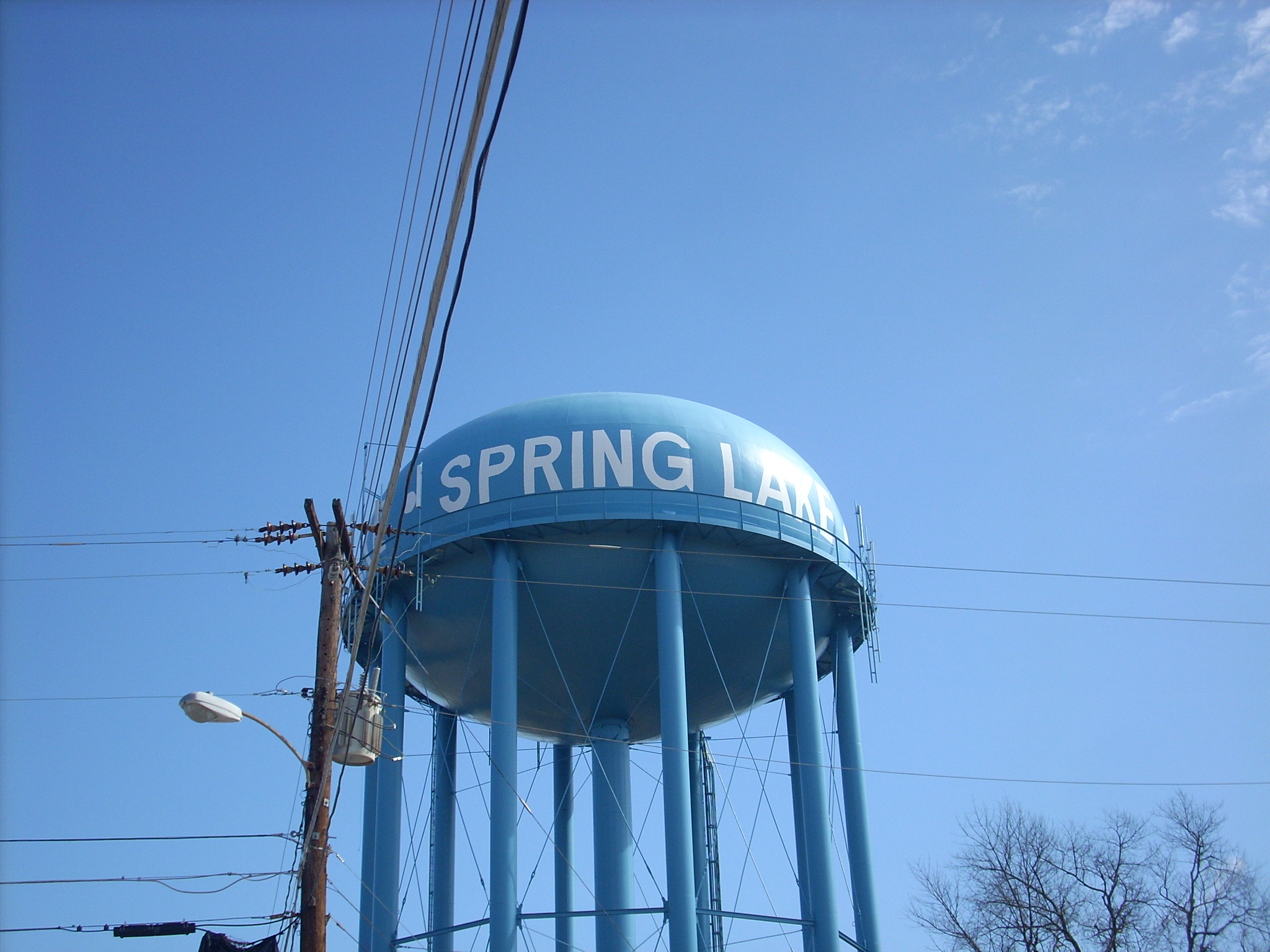
State throws life preserver to financially underwater Spring Lake
By Scott Nunn, posted Oct 6, 2021 on BizFayetteville.com

As much as North Carolinians value local governance, at the end of day, the state’s constitution gives the General Assembly control on how cities and towns are governed -- through both the good times and the bad times.
And the bad times don't get much worse than what happened Oct. 5, as the N.C. Local Government Commission (LGC) voted to take over the finances of Spring Lake.
For months, the LGC and state auditor’s office have been reviewing what they’ve called "deep concerns" regarding "potential budget deficits, longstanding fiscal disarray and an investigation into missing money" in the town of 12,000, just northwest of Fayetteville.
Citing concerns that, without corrective measures, Spring Lake would be in danger of default on $221,385 in debt-service payments, the LCG on Tuesday took over the town’s finances.
“The rare action comes two months after a powerful warning to town officials they needed to get their budget and fiscal control practices in order,” according to a news release from the LGC.
The LGC, which is chaired by State Treasurer Dale Folwell and staffed by the treasurer’s office, “has a statutory duty to monitor the financial well-being of more than 1,100 local government units.”
The commission ordered LGC Secretary Sharon Edmundson “to impound the books and records of the Town, assume control of the finances of the Town and oversee and direct all its financial affairs as set out in N.C.G.S. Chapter 159 and the rules of the Commission.”
“This is not an agenda item we ever desire. But we have to continue on behalf of the taxpayers to find out what’s right, get it right, and keep it right,” Treasurer Folwell said.
Spring Lake Alderwoman Sona Cooper thanked the treasurer, LGC members and staff for their work with Spring Lake and said she supported the resolution. The Board of Aldermen passed their own resolution at an emergency meeting earlier in the day in support of the financial takeover.
Spring Lake officials previously entered into a Fiscal Accountability Agreement with the LGC, promising to take steps to get the town’s financial operations in order. According to the LGC, among other problems in past years, the town permitted expenditure of funds not in the General Fund budget and allowed the General Fund to run a deficit, which violates state law. The LGC recently learned that the town failed to obtain required approval for a $1 million loan from the South River Electric Membership Corporation for a fire station.
In July, LGC staff told town officials that its governance system did not comply with state statutes, including a requirement that local governments “establish and maintain an accounting system designed to show in detail liabilities, equities, revenues and expenditures.”
Treasurer Folwell said that a resolution LGC members passed in July was intended “to send the strongest possible message” that the town was at risk of financial takeover.
The town has been under investigation since mid-July, when State Auditor Beth Wood ordered the closure of Town Hall while auditors examined records.
In other Fayetteville-area news, the LGC approved up to $198 million in revenue bonds for the Fayetteville Public Works Commission (Cumberland County) to continue installing water, sewer and electric service in areas the city of Fayetteville annexed more than a decade ago.
The LGC has a statutory obligation to examine whether the amount of money units borrow is adequate and reasonable for proposed projects, and confirms the governmental units can reasonably afford to repay the debt, a spokesperson for the LGC said.
In 2005 Fayetteville initiated what came to be known as the “big bang” annexation, with promises to bring utility service to 8,000 households. The $198 million in bonds is the most recent funding request for the infrastructure to provide these services. The commission also signed off on a request to refund existing bonds at a lower interest rate for nearly $4.5 million in savings.
Copyright © 2026
Enhanced Media Management Inc. dba
Greater Fayetteville Business Journal
This story may be displayed, reformatted and printed for your personal, noncommercial use only and in
accordance with our Terms of Service located at https://bizfayetteville.com/useragreement.